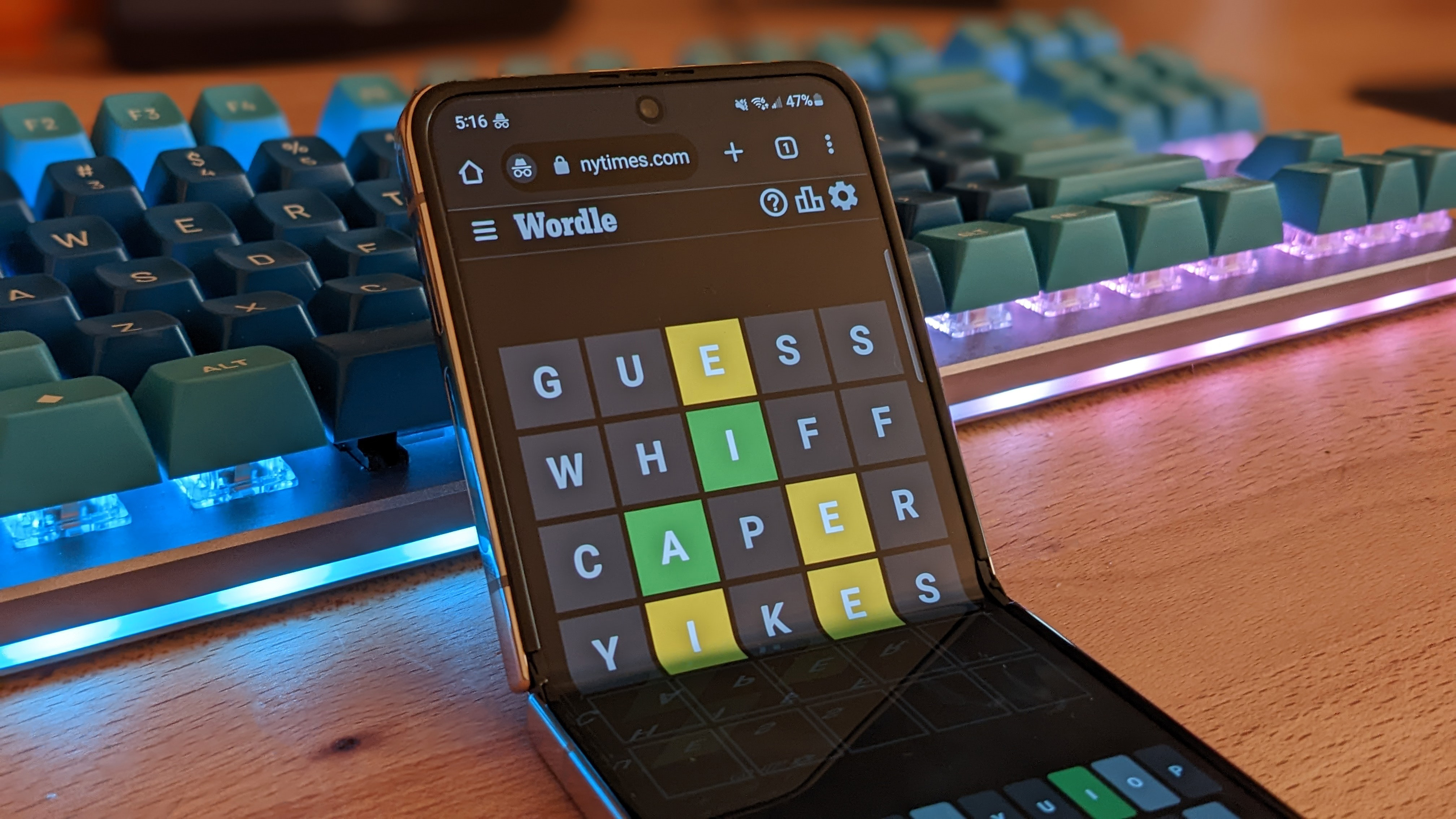
Zero Day Review

As our world has grown more interconnected, so too has our awareness of how fragile all of this is. Our money, our electricity, our water – they could be taken from us in the blink of an eye. Netflix’s Zero Day is ostensibly interested in how people would react to a devastating attack on that delicate web. What truths would we choose to believe? How do we keep ourselves and our people safe? Are we doomed to repeat our past mistakes in the name of justice? All of that sounds fascinating; unfortunately, it’s all surface-level themes layered on top of an incredibly dumb political thriller (with no genuine political convictions) that’s never exciting or crazy enough to justify turning off your brain enjoying the ride.
The problems present themselves early with the introduction of George Mullen, our main character and, according to the script, “the last president in modern memory who was able to consistently rally bipartisan support.” Mullen stepped down after one term to pass the torch to the current president, Evelyn Mitchell – and if that doesn’t have enough of a real-world ring to it, perhaps the fact that these characters are played by Robert De Niro and Angela Bassett will help you out. Given that De Niro has stayed away from American television his entire career, you’d assume the role that lured him to Zero Day must be pretty meaty. But even if he weren’t coming off the late-career high of Killers of the Flower Moon, his portrayal of George would be disappointing. For the majority of the six episodes, he’s phoning it in, occasionally getting the chance to turn on the charm or yell, but mostly stuck in a rote mode that gives us precious little insight into who the former president is as a person. Episode 1 has him joining a commission to investigate the titular attack, which disabled power grids, transportation and communication systems, and other critical infrastructure across the U.S. (you name it, it was hacked) and displayed the menacing message “THIS WILL HAPPEN AGAIN” on cell phones across the country.
After this initial opening blip of excitement, Zero Day slides into a default tedium. It opens up storylines that seem like they could be, if not exciting, then at least thematically engaging, but these always seem to wrap up quickly in order for something else to be thrown into the mix. There’s very little sense of discovery or even conspiracy and at their worst, the creators – Narcos showrunner Eric Newman, former NBC News head Noah Oppenheim, and national-security reporter Michael S. Schmidt – pull it directly out of their collective asses.
Perhaps the most eye-rolling thread is George’s frequent attacks of dementia and memory loss (again, with more exhaustion this time: sound familiar?), which Zero Day represents as staticky droning and the – admittedly neat – disappearing and reassembling of objects in his office. Real-world analogues aside, this actually attempts to grapple with the ideas at the show’s core: How much of George’s investigation – including the sighting of a woman killed in episode 1 – is just in his mind? Can he even admit to himself that he’s unwell, and could that affect the investigation? Unfortunately (and without going into spoilers), the show chooses the most insulting route to the answers.
Like a lot of other Netflix miniseries, Zero Day is hampered by too many characters and not enough time to devote to them. Making matters worse: They’re all played by actors who are overqualified for such a tepid potboiler. Jesse Plemons reunites with his Killers of The Flower Moon co-star De Niro as George’s right-hand man. Lizzy Caplan plays George’s daughter, a congresswoman who becomes a part of the oversight committee watching her dad – a conflict of interest that Zero Day tries to shove aside despite being almost unprecedented. Joan Allen is George’s (ex?) wife Sheila, looking into a government position on her own. Connie Britton, Matthew Modine, Bill Camp, McKinley Belcher III – none of these very talented actors turn in a bad performance, but you’ve definitely seen them do much better work elsewhere. The bigger problem is that characterization as a whole is scant, and the antagonists especially come off as confusingly drawn.
The height of that incoherence is Dan Stevens’ Evan Green: In dialogue and performance, Evan appears to be a riff on conspiracy-spouting fearmongers like Alex Jones. But he appears to be broadcasting a largely left-wing populist show on some sort of cable channel whose name positions it as an equivalent to the conservative outlet Newsmax – a conflict of worldviews that has not and will not ever exist anywhere in any reality. Without spoilers, both Evan’s storyline and that of Elon Musk stand-in Monica Kidder (Gaby Hoffmann) point to real-world issues, but that’s all they do: Get you to say “Oh, I see what you did there” without ever feeling satisfying narratively or making some actual statement in the ideological soup. (For example: The fact that power-grid sabotage is a distinctly right-wing cause seems to have entirely passed this writers’ room by.) This would all be less galling if Zero Day weren’t so baldly dedicated to a certain level of verisimilitude – news networks with their actual anchors are featured heavily, someone mentions Axios at one point – while also getting shockingly hand-wavey when it comes to the actual details of the zero-day attack.
It would take an entire review full of spoilers to really catch all the ways in which no one involved with Zero Day seemingly understands how computers and technology work. Suffice it to say, Mr. Robot this ain’t. That extends beyond the depiction of hacking though; that show had its ups and downs but it was always distinctively stylish, gripping, and well-acted, interested in the ramifications of technology on the world at large and what it meant for the people having to live under the weight of capitalism. For a show that’s constantly talking about how the attack was a huge wound to the nation’s psyche, Zero Day shows very few actual impacts. There’s a train crash, a couple of riots, some fires constantly in the background – but for as big as this attack supposedly is, everything looks pretty normal.
Zero Day’s fatal flaw is that it’s lazy, both in its worldbuilding and in the plot itself. It would rather remind you of one news item or another rather than actually building a story around it, and over the course of six hours it becomes exasperating. There’s an overbearing sense of the show being written mainly by D.C. and machine insiders (which certainly aligns with Schmidt’s and Oppenheim’s claims to journalistic infamy), and often leads to the most obnoxious moments when it spinelessly tries to spread the blame for the attack (and the paranoia it spawns) across the political spectrum.
Zero Day almost seems to rally back in its second half. It’s not that it suddenly becomes good, but rather it gains something of a pulse, to the point where I actually wanted to learn the truth behind all these grand plots and conspiracies. That is, until I did, and the answers were so offensively stupid that I had to hold my head and take a deep breath. It’s not so much that it comes out of nowhere – though it kind of does – but that the villains have the absolute barest of motivations, and their plan itself is so idiotic and full of holes that it’s a wonder it didn’t implode at the very first keystroke. On top of that, it drowns itself in so much self-satisfying “both sides are bad” speechifying and stance-taking that even Aaron Sorkin would tell them to tone it down. It would be laughable if it weren’t so intent on trying to sound smart.






